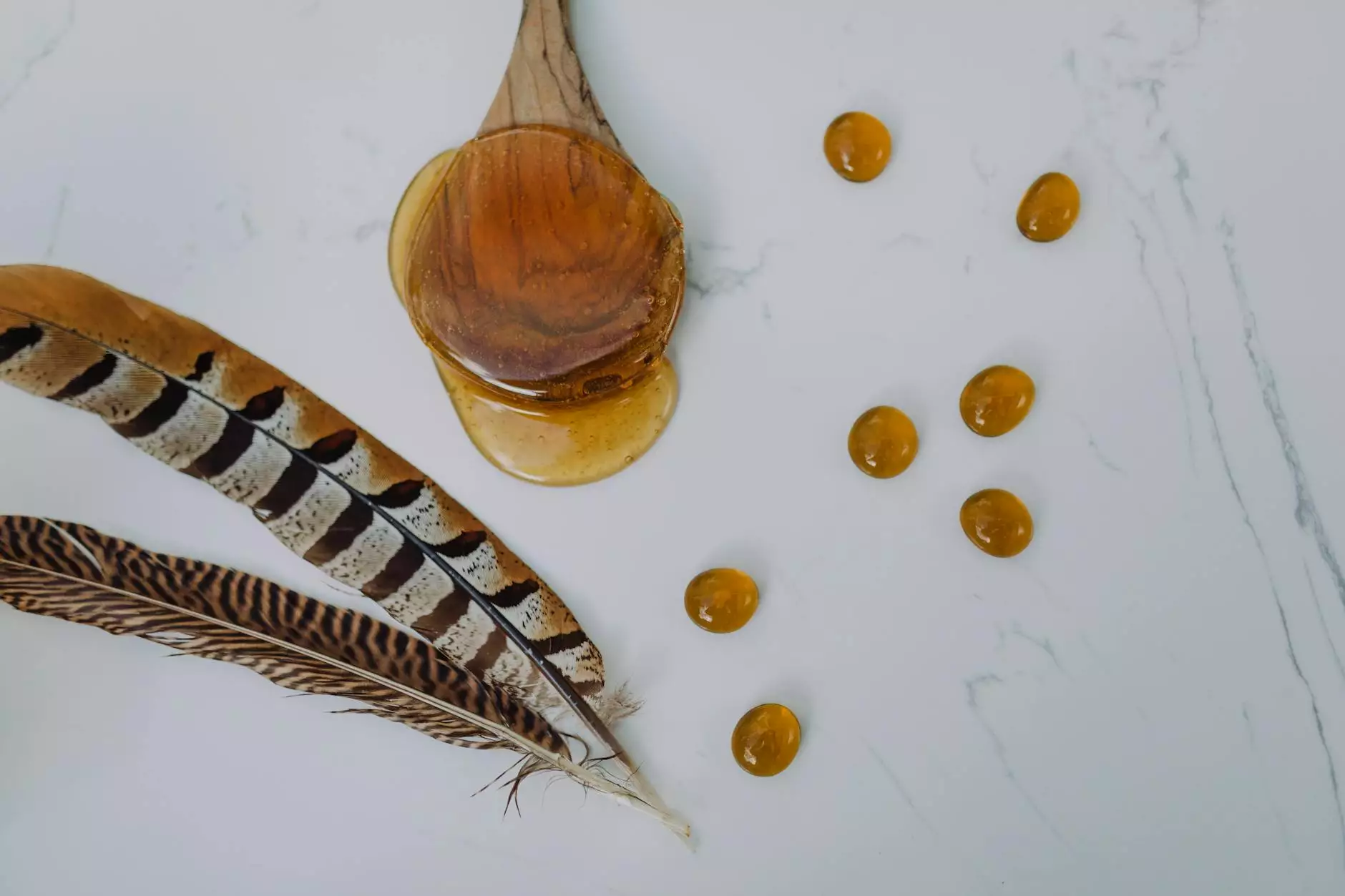Understanding CBD and Its Potential Role in Cancer Treatment

Cannabidiol (CBD), a prominent compound found in the cannabis plant, has garnered immense attention in recent years, particularly for its potential therapeutic applications. Among its many uses, one area of exploration is its impact on cancer treatment. This article delves deep into the relationship between CBD and cancer, exploring current research, potential benefits, and practical advice on incorporating CBD into cancer care.
The Rise of CBD in Modern Medicine
The legalization of medical cannabis across various regions has paved the way for extensive research into its compounds, particularly CBD. Unlike its more famous counterpart, THC (tetrahydrocannabinol), CBD does not produce psychoactive effects, which makes it an appealing option for those seeking relief from various ailments including cancer.
What is CBD?
CBD is one of over 100 cannabinoids found in the cannabis plant. It interacts with the endocannabinoid system (ECS) in the human body, which plays a critical role in regulating various physiological processes. The ECS is involved in the regulation of pain, mood, appetite, and immune function, making CBD a fascinating subject of study for its potential therapeutic applications.
How CBD Works in the Body
Research indicates that CBD can interact with various receptors in the body, particularly the CB1 and CB2 receptors of the endocannabinoid system. This interaction may modulate several bodily functions, providing potential benefits for those undergoing cancer treatment. Some believed effects of CBD include:
- Pain Relief: Reduction of chronic pain and discomfort, particularly useful for cancer patients.
- Anti-Nausea: Alleviation of nausea and vomiting, common side effects of chemotherapy.
- Appetite Stimulation: Encouragement of appetite, which can be impaired during cancer treatment.
- Anxiety and Stress Reduction: Help in managing symptoms of anxiety and depression, which can be prevalent among cancer patients.
The Role of CBD in Cancer Treatment
One of the most promising aspects of CBD research is its potential direct role in combating cancer cells. Several studies have indicated that CBD might have anti-tumor properties. While the research is still in its early stages, the following findings suggest a potential connection between CBD and cancer treatment:
Research Highlights
1. Inhibition of Cell Growth: Some studies have shown that CBD can inhibit the growth of certain types of cancer cells, including breast cancer, lung cancer, and brain tumors. For instance, a study published in the "Journal of Pharmacology and Experimental Therapeutics" highlighted that CBD induced apoptosis (programmed cell death) in breast cancer cells.
2. Reduction of Metastasis: Research published in "Clinical Cancer Research" indicated that CBD could reduce the ability of cancer cells to invade surrounding tissues and spread to other parts of the body. This could potentially limit the severity and progression of cancer.
3. Synergistic Effects with Traditional Treatments: Preliminary studies suggest that combining CBD with conventional cancer therapies may enhance their effectiveness. For instance, CBD has been studied for its ability to enhance the effects of chemotherapy while reducing its side effects.
Understanding the Mechanism Behind CBD's Effects
To understand how CBD may assist in cancer treatment, it is essential to examine its mechanisms of action. CBD is believed to influence the following:
- Cell Signaling Pathways: CBD can alter signaling pathways involved in cell survival and growth, such as the AKT and MAPK pathways.
- Immune Modulation: CBD has shown potential in modulating immune responses, which could help the body better fight cancer.
- Inflammation Reduction: CBD's anti-inflammatory properties may create a less favorable environment for tumors to thrive.
How to Use CBD for Cancer Management
If you're considering CBD as a complementary approach to cancer treatment, here are some important tips to keep in mind:
1. Consult with Healthcare Professionals
Before incorporating CBD into your routine, it is crucial to discuss it with your healthcare team. They can provide valuable insights on dosage, potential interactions with other medications, and monitor your progress.
2. Choose the Right Product
CBD is available in various forms including oils, capsules, edibles, and topical applications. Each form has its unique benefits and potential side effects:
- Oils and Tinctures: Offer fast absorption through sublingual use.
- Capsules: Provide a more consistent dosage.
- Edibles: Deliver a delayed effect, as they must be digested first.
- Topicals: Useful for localized pain relief, particularly for skin-related symptoms.
3. Start with Low Doses
When beginning CBD, it's advisable to start with a low dose and gradually increase it while monitoring how your body responds. This approach helps in identifying the optimal dosage for effectiveness while minimizing side effects.
4. Monitor for Side Effects
Although CBD is generally considered safe, some individuals may experience side effects such as fatigue, diarrhea, or changes in appetite. Keeping a journal of dosage and effects can help determine the best approach for your needs.
Legal Considerations Surrounding CBD
The legal status of CBD varies by region. It's essential to ensure that you are abiding by local laws regarding the use of CBD, especially since regulations can differ significantly from one place to another. Always purchase CBD products from reputable dispensaries that provide lab testing results for their products.
Conclusion: The Future of CBD in Cancer Treatment
As research continues to unfold, the implications of CBD in cancer care are becoming clearer. While CBD is not a cure-all, it holds potential as a valuable adjunct to conventional treatments, providing relief from symptoms and possibly even combating the disease itself. As patients and healthcare providers become more informed about the benefits and applications of CBD, it may pave the way for a more comprehensive approach to cancer treatment that encompasses both traditional and alternative therapies.
For those considering CBD in their cancer journey, knowledge is empowerment. Staying informed about scientific advancements and understanding personal health needs is essential. Together, we can navigate through the complexities of cancer care, with hope for brighter days ahead.
cbd cancer








